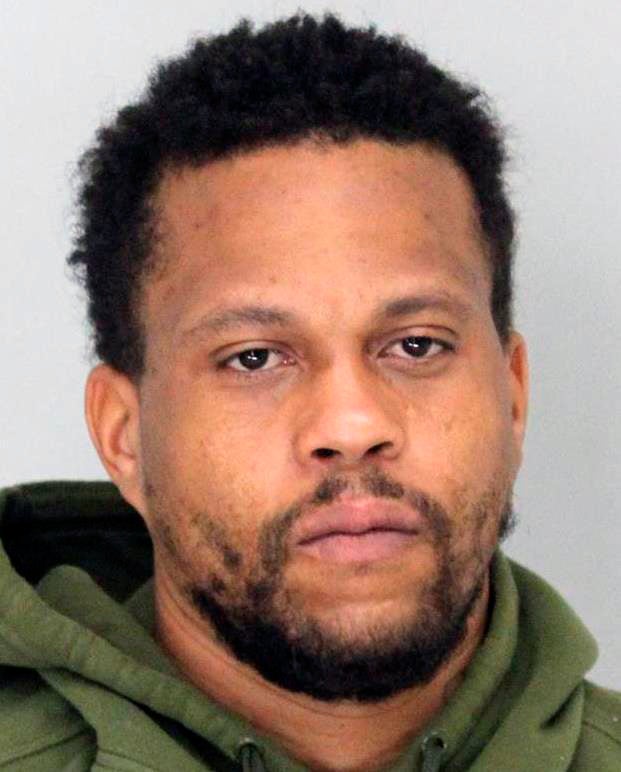Trial blocked by police data loss; murder suspect released
A murder suspect has been released from jail after his trial was postponed when Dallas police revealed they had lost a massive amount of criminal data

Your support helps us to tell the story
From reproductive rights to climate change to Big Tech, The Independent is on the ground when the story is developing. Whether it's investigating the financials of Elon Musk's pro-Trump PAC or producing our latest documentary, 'The A Word', which shines a light on the American women fighting for reproductive rights, we know how important it is to parse out the facts from the messaging.
At such a critical moment in US history, we need reporters on the ground. Your donation allows us to keep sending journalists to speak to both sides of the story.
The Independent is trusted by Americans across the entire political spectrum. And unlike many other quality news outlets, we choose not to lock Americans out of our reporting and analysis with paywalls. We believe quality journalism should be available to everyone, paid for by those who can afford it.
Your support makes all the difference.A murder suspect was released from jail Monday after his trial was postponed when Dallas police revealed they had lost a massive amount of criminal data.
A masked Jonathan Pitts wore an ankle monitor Monday as he walked from the Frank Crowley Courts Building adjoining Dallas County’s main jail, The Dallas Morning News reported. The newspaper said he did not respond to its reporter’s questions.
The release of Pitts, who is charged in the 2019 shooting of Shun Handy, was ordered as authorities race to determine how many cases may have had evidence vanish in the eight-terabyte data loss. Prosecutors told state District Judge Ernie White on Thursday that they needed more time to work with police to audit the materials in Pitts’ case to determine if anything was lost.
White granted Pitts release without paying bail because state law requires a person be freed if prosecutors aren’t ready at the time of the trial, his defense attorney, George Ashford III, told the newspaper.
A Dallas police spokesman had said no evidence was lost in Pitts’ case. Still, the lead detective said he could not be sure that nothing was missing until a city audit was completed, according to an email exchange between the detective and prosecutor the morning of Pitts’ trial reviewed by the newspaper.
Photos, videos, audio, case notes and other files were included in the disappearance, City Manager T.C. Broadnax said.